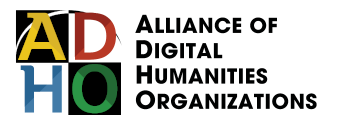Mandate
The Task Force (initially the Antiracism Task Force) is mandated to help ADHO devise a plan for moving forward on the 9 commitments made in the Statement on Black Lives Matter, Structural Racism, and Establishment Violence.
This mandate does not preclude hiring consultants. The process may involve compensating individuals for additional time and energy, for instance hiring a student fellow to assist with a specific initiative or activity. Possible initiatives include devising a survey of the DH community to inform the Task Force’s priorities, or organizing workshops or training that would include working group members alongside the EB and COB so there is a common frame of reference and basis for discussions going forwards. Because existing structures are implicated in the problem, the COB does not want to be overly directive, and invites the Task Force to establish its own parameters and mode of going forward, in dialogue with and relying on the ADHO Antiracism Working Group to the extent that it chooses.
The Task Force will:
- Operate with relative independence from the ADHO EB and COB, which will provide information, support, and consultation as the task force requests but will not manage its operations
- Reach beyond current ADHO members
- Decide on roles and responsibilities within the task force
- Decide on whether to adopt a new name
- Decide its scope, bearing in mind the limitations of ADHO’s own scope of operations as an international professional organization of professional organizations
- Decide its modes of engagement and reporting
- Operate in a transparent manner, reporting to the Working Group and to the ADHO community quarterly on activities
- Operate for two years, after which it should be extended, disbanded, or reshaped.
Current Members of IITF
The initial term of the Task Force will be two years, at which time, taking into account the recommendation of the Task Force, the ADHO COB will decide whether to extend its term (if Task Force members are willing) or take some other action such as converting it to a standing committee or disbanding it.
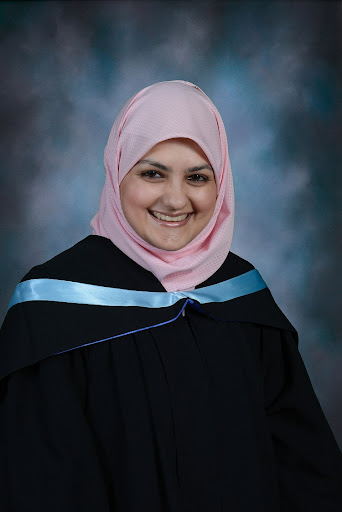
Fatima Ahmed
I’m a M.Ed candidate at Lakehead University, and a full-time grade 5&6 teacher in Kangirsuk (Quebec, Canada). I have grown up with the social justice movement and started engagement with digital humanities in 2017, when I attended the July 2021 DHSI hosted in Victoria, B.C. You can find a full CV at: https://teachercandidatemsahmed.weebly.com/cv.html

Barbara Bordalejo
I am a textual critic, editor, and digital humanist with a background in English literature. I currently work at the Humanities Innovation Lab at the Univesity of Lethbridge. Since 2014, I have worked on EDI initiatives in DH by carrying out research, writing articles, organizing conferences and workshops focusing on intersectional inclusion. I am the current chair of Global Outlook :: Digital Humanities.
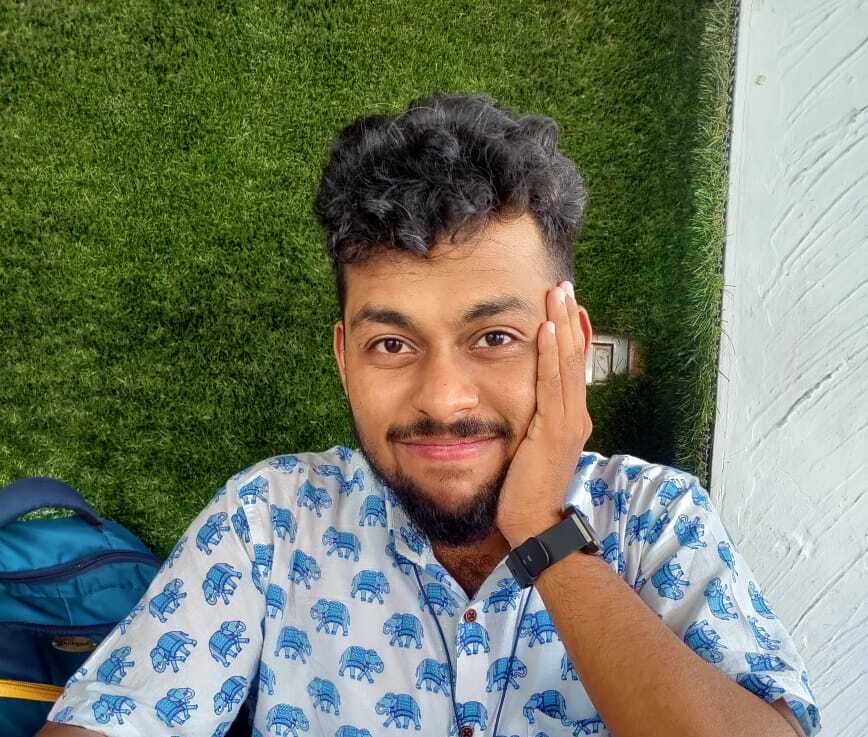
Samya Brata Roy (সাম্যব্রত)
I (he/him) am a PhD scholar at the School of Liberal Arts, IIT Jodhpur. I am also associated as a fellow with DHRH, SAS, University of London, Electronic Literature Organization and DAS|LAB, University of Regensburg. My interests, and publications lie in and around the intersections of Literary, Cultural, Media Studies and Digital Humanities. I co-founded Electronic Literature India and am also involved with DHARTI, Humanities Commons, and The Association for Computers and the Humanities in various roles. I have experience in curating/peer reviewing both digital/electronic art exhibits and scholarly output.
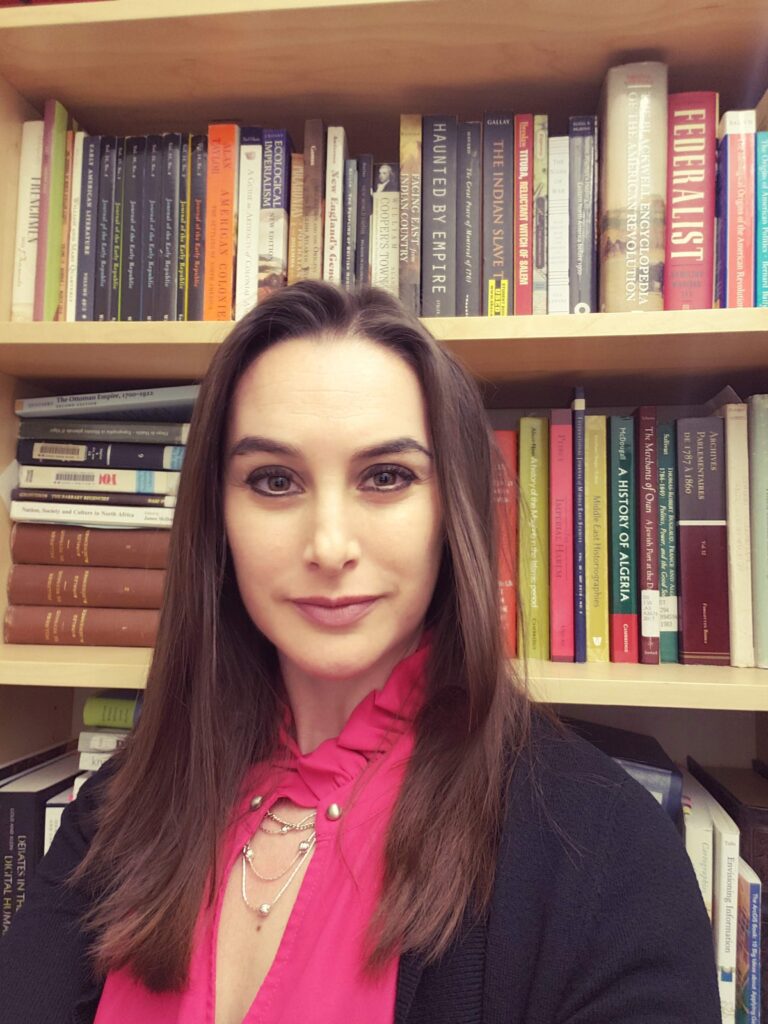
Ashley Sanders
I am Vice Chair of Digital Humanities at UCLA and former Chair of the ADHO Publications Committee (2016-2020). As a comparative colonial historian and digital humanist, my research engages in restoring data destroyed by colonization, as well as recovering and highlighting voices and stories of those marginalized in the past and present. My courses ask students to critically examine data and narratives for evidence of bias and to describe how power shapes both data and primary source creation/preservation and the stories told with them, and I am excited to serve on ADHO’s Intersectional Inclusion Task Force to examine and address obstacles that stand in the way of a more inclusive global DH community.
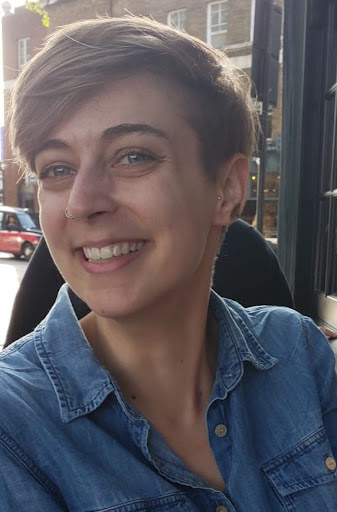
Kristen Schuster
I (they/them) just started a post as a aLecturer in Digital Humanities at the University of Southampton. Prior to starting my new role, I worked as a Lecturer in Digital Curation in the Digital Humanities at King’s College London (2016-2023). My current research emphasises the creative potential of men to re-shape masculinities through information work that in inclusive and participatory. Leading up to my doctoral work, I completed my master’s in library and information science with an emphasis in archives management at Simmons University. While completing my master’s, I developed interdisciplinary approaches to information management and cultural heritage, which reflects my earlier professional work in museums and visual resource collections.
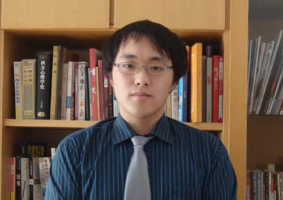
Shu Wan
Shu is currently a doctoral student in history at the University at Buffalo. He is passionate about digital humanities, pedagogy, and their potential in providing the more inclusive & interactive learning environment.
Former Members of IITF
- Alexandra Nuñez (Alex): 2022-3
- Dibyadyuti Roy (Dibya/দিব্য): 2022-3
- Maurizio Lana: Spring 2022
Budget
The Task Force will have a working budget of 7,000 Euros.
These funds may be allocated for the following purposes:
- To hire consultants to provide workshops for the Task Force, and/or Working Group, COB, EB, or the general ADHO community.
- To hire consultants or students with appropriate expertise to produce, execute, and analyze surveys or interviews.
- To provide assistance in preparing reports and recommendations.
- Other purposes as determined in consultation with the Working Group.
- The Working Group will approve the allocation of funds as decided by the Task Force.
- Requests for additional funds will require approval of the ADHO COB as part of the 2023 budget.
